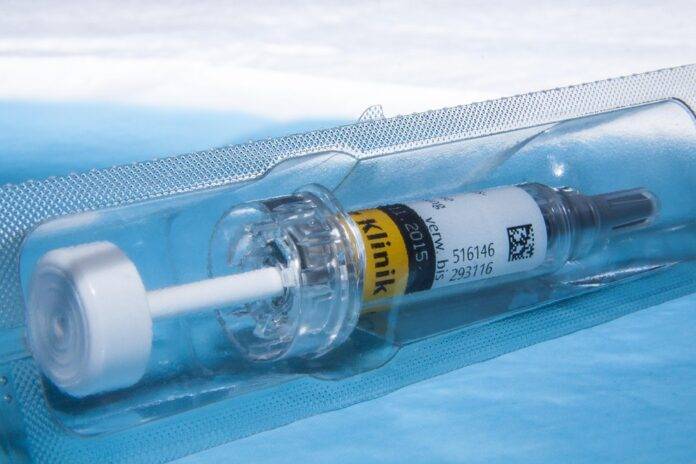The Future of Bulk Packaging: Scalable, Hygienic, and Circular Economy Ready
The bulk packaging industry is undergoing a significant transformation as companies strive to meet the growing demand for sustainable and efficient packaging solutions. In this report, we will explore the future of bulk packaging, focusing on scalability, hygiene, and circular economy readiness.
Scalability in Bulk Packaging
One of the key trends shaping the future of bulk packaging is scalability. As companies look to streamline their operations and reduce costs, they are increasingly turning to bulk packaging solutions that can be easily scaled up or down based on demand. This flexibility allows companies to adapt to changing market conditions quickly and efficiently.
For example, some companies are investing in automated packaging systems that can handle large volumes of products with minimal human intervention. These systems can significantly increase efficiency and reduce the risk of errors, leading to cost savings and improved overall productivity.
Hygienic Bulk Packaging
Another important consideration for the future of bulk packaging is hygiene. With consumers becoming more conscious of food safety and quality, companies are under pressure to ensure that their packaging meets the highest standards of hygiene.
To address this challenge, companies are investing in innovative packaging solutions that are designed to minimize the risk of contamination and ensure the freshness of products. For example, some companies are using antimicrobial packaging materials that help prevent the growth of bacteria and other harmful microorganisms.
Circular Economy Readiness
The concept of a circular economy, where resources are kept in use for as long as possible and waste is minimized, is gaining traction in the packaging industry. Companies are increasingly looking for ways to reduce their environmental impact and improve the sustainability of their packaging solutions.
One way that companies are embracing the circular economy is by using recyclable or biodegradable materials in their packaging. By choosing materials that can be easily recycled or composted, companies can reduce the amount of waste that ends up in landfills and contribute to a more sustainable future.
Industry Insights and Financial Data
According to a report by Grand View Research, the global bulk packaging market is expected to reach $75.4 billion by 2028, with a compound annual growth rate of 5.5%. This growth is driven by increasing demand for cost-effective and sustainable packaging solutions across various industries, including food and beverage, chemicals, and pharmaceuticals.
Companies such as Greif Inc., Berry Global Group, Inc., and Mondi Group are leading the way in the bulk packaging industry, with a strong focus on innovation and sustainability. These companies are investing in research and development to create packaging solutions that meet the evolving needs of their customers and address key industry trends.
In conclusion, the future of bulk packaging is poised to be scalable, hygienic, and circular economy ready. Companies that invest in innovative packaging solutions and embrace sustainability will be well-positioned to succeed in this rapidly evolving industry. By focusing on scalability, hygiene, and circular economy readiness, companies can meet the growing demand for efficient and sustainable packaging solutions while driving growth and profitability.




